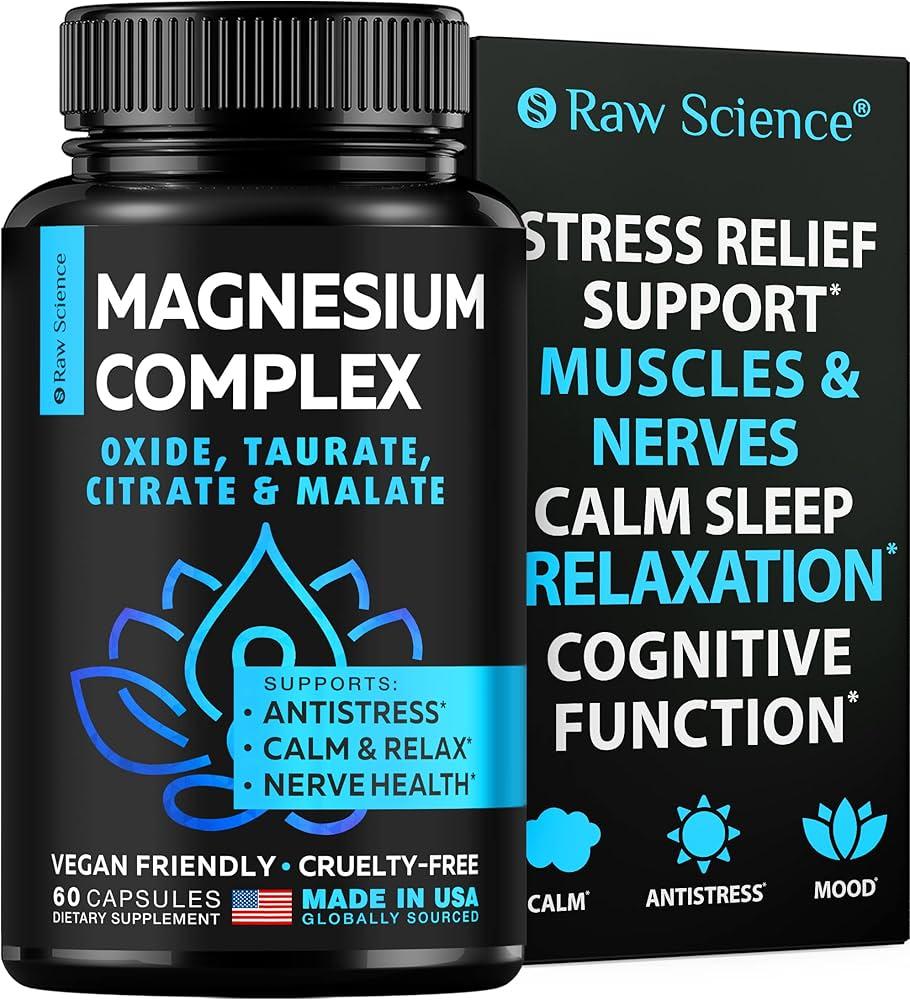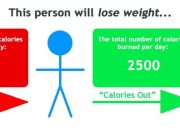Navigating the world of dietary supplements can often feel overwhelming, especially when faced with the choice between tablets and capsules. Each form has its advocates, claiming superior absorption and efficacy, but how do you determine which is truly better for your needs? Understanding the nuances between tablets and capsules is crucial for making informed decisions about your health. In this article, we’ll explore the differences in absorption, ease of use, and potential benefits of each form. Our goal is to provide you with the knowledge needed to choose the supplement form that best aligns with your health goals and lifestyle, empowering you to make decisions that support your well-being with confidence and clarity.
Understanding Absorption: How Tablets and Capsules Differ
When it comes to choosing between tablets and capsules, understanding their absorption mechanisms is key. Tablets are solid, compressed forms of supplements that need to dissolve in the stomach before absorption. Their absorption can be influenced by factors like the presence of food, stomach pH, and the tablet’s coating or formulation. This means that while tablets often allow for precise dosing and stability, they may take longer to break down, potentially affecting how quickly nutrients are absorbed into the bloodstream.
On the other hand, capsules consist of a gelatin or vegetarian shell that encases the supplement in either powder or liquid form. The capsule shell dissolves faster than a tablet, often leading to quicker absorption of the active ingredients. This makes capsules a preferred choice for those seeking faster results or who have sensitive digestive systems. However, the choice between gelatin and vegetarian capsules can also impact absorption, with vegetarian options typically dissolving more rapidly.
- Tablets:
- Can include slow-release formulations
- More stable for longer shelf life
- Potential for larger doses in a single unit
- Capsules:
- Faster dissolution and absorption
- Less likely to cause stomach irritation
- Suitable for oils and liquid supplements
| Form | Absorption Time | Best For |
|---|---|---|
| Tablet | Slow to moderate | Precision dosing |
| Capsule | Fast | Quick relief |

Factors Influencing Supplement Absorption in Your Body
- Bioavailability: One of the primary factors affecting supplement absorption is bioavailability, which refers to the proportion of a substance that enters the bloodstream when introduced into the body. Capsules often have a higher bioavailability compared to tablets because they dissolve quicker, allowing the body to absorb the nutrients more efficiently.
- Digestive Sensitivity: Individuals with sensitive stomachs may find capsules easier to digest. Capsules, particularly those made from gelatin, are less likely to cause irritation as they tend to dissolve faster and don’t require as much digestive effort as tablets.
- Formulation Ingredients: Both tablets and capsules can contain binders, fillers, and other excipients that can affect absorption. Capsules generally contain fewer additives, which can result in a cleaner delivery of the active ingredient to your system.
| Factor | Tablets | Capsules |
|---|---|---|
| Bioavailability | Moderate | High |
| Digestive Sensitivity | May cause irritation | Gentler on stomach |
| Additives | More common | Fewer |
When deciding between tablets and capsules, consider these factors and how they align with your individual health needs and preferences. Your body’s unique chemistry can significantly influence how effectively you absorb supplements, so choosing the right form can make a noticeable difference in your wellness journey.
Choosing the Right Form: Tailoring to Your Health Needs
When deciding between tablets and capsules, it’s essential to consider how each form aligns with your personal health requirements. Both forms have their unique advantages and challenges, influencing their absorption and effectiveness in your body. Let’s delve into some key factors that can guide your choice:
- Digestive Sensitivity: Capsules, often made with a gelatin or vegetarian shell, can be easier on the stomach. They dissolve quickly, potentially offering faster absorption and less irritation for those with sensitive digestive systems.
- Ingredient Stability: Tablets can contain stabilizers that protect the ingredients from breaking down too quickly, making them ideal for supplements that require a controlled release over time.
- Personal Preferences: Some individuals find capsules easier to swallow due to their smooth texture, while others prefer tablets that can be split or crushed for easier intake.
| Factor | Tablets | Capsules |
|---|---|---|
| Ease of Swallowing | Can be challenging | Generally easier |
| Absorption Rate | Slower | Faster |
| Customizable Dosage | Can be split | Fixed dosage |
Ultimately, the best form depends on your specific health goals and lifestyle. By understanding the unique properties of tablets and capsules, you can make an informed decision that aligns with your body’s needs, ensuring that your supplement routine is as effective and comfortable as possible.

Expert Recommendations for Optimal Supplement Intake
Choosing the right supplement form can significantly impact absorption and overall effectiveness. While both tablets and capsules have their unique benefits, understanding their differences can guide you towards making an informed decision.
- Tablets: These are generally more stable and have a longer shelf life. They can contain higher doses of active ingredients, but the binders and fillers used might affect absorption. Tablets often require breaking down in the stomach, which can delay the release of nutrients.
- Capsules: Typically easier to swallow and quicker to dissolve, capsules often offer faster absorption. They can be made from gelatin or vegetarian alternatives, catering to dietary preferences. However, they might be more sensitive to environmental factors like heat and humidity.
| Feature | Tablets | Capsules |
|---|---|---|
| Absorption Speed | Slower | Faster |
| Swallowing Ease | Harder | Easier |
| Shelf Life | Longer | Shorter |
Ultimately, the choice between tablets and capsules should align with your personal preferences and health goals. Consider factors like ease of swallowing, dietary restrictions, and specific nutrient needs. For those with digestive issues, capsules might offer a more efficient delivery system, ensuring that you receive the full benefits of your supplement regimen.








































